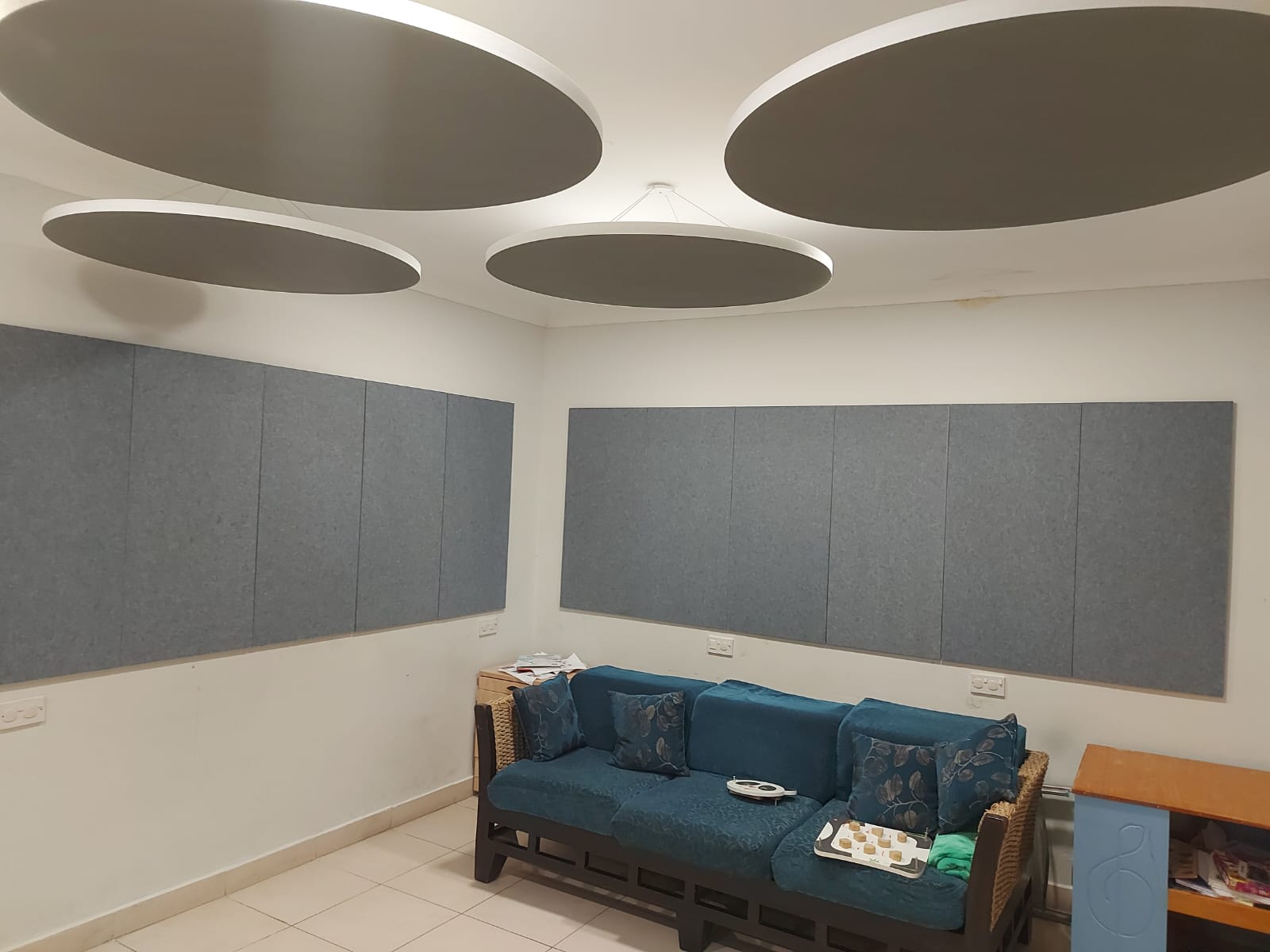Malta’s anti-money laundering administration has formally received a passing grade by Moneyval.
The Times of Malta reports that Moneyval, the Council of Europe’s anti-money laundering expert committee, voted during a plenary session held in Strasbourg on Thursday to approve its final report on Malta.
In 2019, the local business community was shocked to learn that Malta failed a comprehensive test on its anti-money laundering procedures, and risked being placed on a so-called ‘grey list’ of jurisdictions of questionable repute.
While being grey listed does not translate to economic sanctions, Malta’s position as a financial services hub and an igaming hub makes such a classification particularly troublesome as it would signal heightened transactional risks to the global banking community.
Malta has already experienced issues with correspondent banking. In 2019, Dutch Bank ING and Deutsche Bank had announced the termination of their correspondent banking relationships supporting US dollar payments with Bank of Valletta.
The Financial Action Tark Force, a global anti-money laundering body which Moneyval forms part of, will now ultimately decide, based on Moneyval’s recommendation, on whether to place Malta on the grey-list.
Last month, when reports had emerged that Malta’s is likely to pass, several business community members expressed relief, with some saying that this should not be the end of Malta’s ongoing reform to ensure its anti-money laundering framework remains current and relevant.
Since its initial 2019 failure, Malta introduced a raft of reforms off the back of recommendations made by Moneyval. Such reforms include beefing up the police’s economic crime unit, beefing up resources for the Financial Intelligence Analysis Unit, and the Malta Financial Services Authority.
db Foundation supports autistic children with major donation to Inspire Malta
By installing attenuation boards, the foundation is helping to create a more effective and comfortable learning environment
FIAU opens 2025 Risk Evaluation Questionnaire for gaming operators
Operators must disclose critical data, including ownership structures, financial transactions, target markets, and comprehensive Business Risk Assessments
Malta’s collective accommodation sector sees strong growth in 2024, with 4-star hotels leading the way
The bulk of guest activity was concentrated in Malta as opposed to Gozo and Comino





